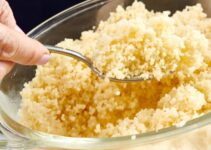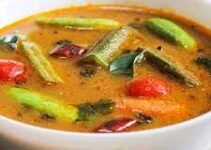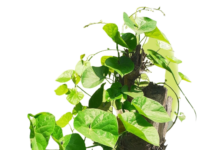What are chia seeds?
Chia seeds contain nutrients and antioxidants known for many health and medicinal benefits. These seeds are the reservoir of nutrients and one of the healthiest foods with the least calories. It is one of the beautiful seeds known for the balanced development of body and mind. Salvia Hispanica, which produces chia seeds, belongs to the mint family, Lamiaceae, native to South America, yet it is consumed worldwide. The sources are full of fibre, as 1 tbsp provides about 1/5th of your daily fibre intake.
1. Chia seeds for weight Loss
These seeds have an adequate amount of fibre (40% by weight) and can absorb about ten times their weight in water, thus slowing down the absorption of foods. This fullness of the stomach leads to the least longing for food, which means a lesser intake of calories. These are abundant in protein, discouraging eating more foods and lessening the feeling of hunger. It also reduces the desire to take more animal fats because it contains a high protein percentage.
2. Best uses of chia seeds
- These seeds are used to prepare sharbat, a cold beverage.
- Chia seeds can be used as a topping.
- It can be used to put into energy bars, yoghurt, tortillas, bread, and smoothies.
- It is used to make a gel-like substance, which may be the substitute for eggs in cakes.
- In the United States of America, it is used for decorative purposes such as Chia pets.
- They act against inflammation.
- Because of its unique hydration features, it is a favourite with athletes.
- It is suggested that seeds can reduce blood pressure.
- It can be used to prepare nutrition bars and baby foods.
- The omega-3 fatty acids help to improve cognitive performance.
3. Nutritional value of chia seeds
Chia seeds are whole grain diet and without gluten. These contain omega-3 fatty acids, fibre, protein, and other macro and micronutrients. Chia seeds (100 grams) have the following nutrients. The nutritional facts are: carbohydrate (42.12gm), energy (486kcal), protein (16.54gm), fat (30.74gm), fiber (34.4gm), vitamin A (54 μg), vitamin B1 (0.62mg), B2 (0.17mg), B3 (8.83mg), B9 (49μg), vitamin C (1.6mg), vitamin E (0.5mg), calcium (631mg), Iron (7.72 mg), manganese (2.732mg), magnesium (335mg), phosphorous (860mg), potassium (407mg), sodium (16mg) and zinc (4.58mg). Chia seeds are also full of antioxidants that prevent the formation of free radicals, thus combating many diseases and disorders, including ageing and cancer. It is rich in omega-3 fatty acids. (Source: USDA database entry)
4. Chia seeds for diabetes control
Studies have suggested that these seeds can control blood sugar by delaying the sugar conversion from carbohydrates.
5. Chia seeds for heart disease
They have an abundance of omega-3 fatty acids suitable for cardiac-related problems. Such sources have more omega-3 acids than salmon.
6. Easy recipes for chia seeds
Some of the delicious chia seed recipes are given below:
- Chia seeds food drink
- Chia rice salad
- Chia water
- Chia smoothie
- Chia cereal
- Chia fresco
- Chia pudding
- Chia vegetable fry
- Chia pudding




